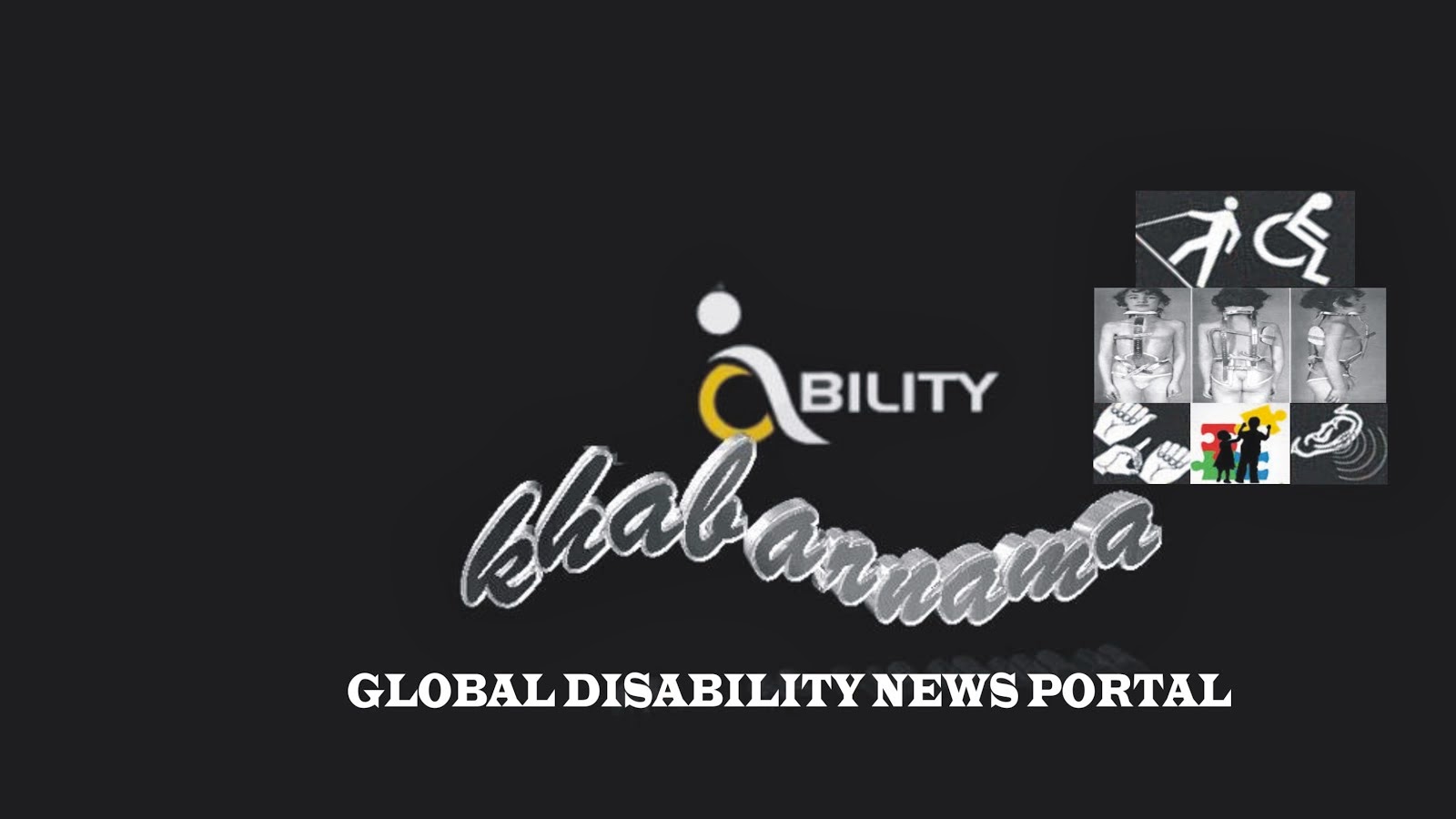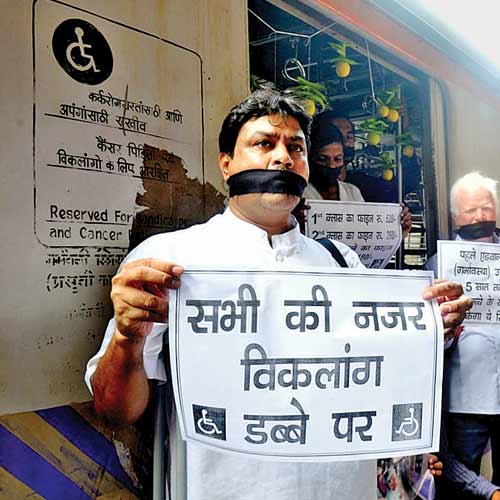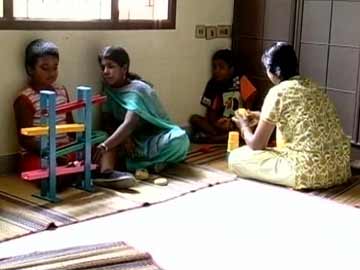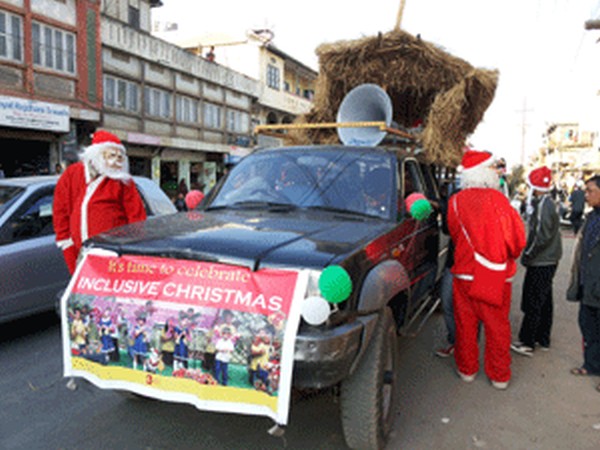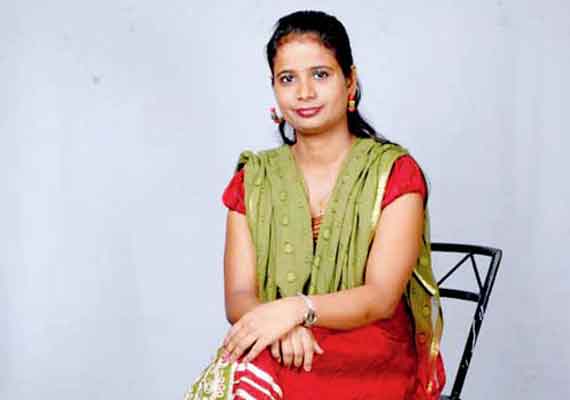People with autism will often enjoy doing
puzzles. Their love of puzzles may take many different forms. In fact,
the autistic love of puzzles may offer a clue to understanding autism.
Many parents of children with autism believe that until and unless
medical research finds a cure for autism it is important for us to
continue trying to understand autism. The more paths we have to
understanding autism, or at least appreciating it, the more parents and
teachers will be able to help students and children with autism to feel
comfortable.
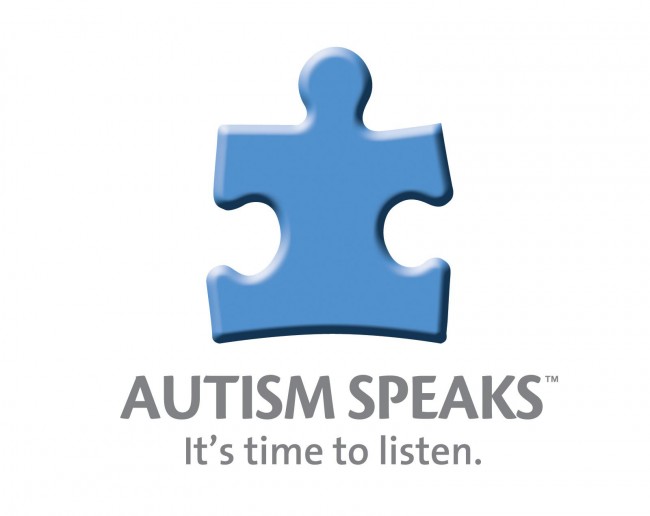
Today is the 100th anniversary of the crossword puzzle. On this day,
journalist, Arthur Wynne, introduced the world to crossword puzzles on
the puzzles page of the New York World. So on this day, the birthday of
the crossword puzzle, it is appropriate to stop and contemplate the
puzzle of autistic perception.
The use of the puzzle piece as a logo for the cause of autism has
British origins. It was introduced by the National Autistic Society of
the UK in 1963. One interpretation of this logo suggests that autism is a
puzzle that needs to be solved. Another interpretation might simply be
that people with autism love doing puzzles. Like all phenomena
associated with autism, the penchant for working puzzles cannot be
strictly defined. It will manifest in different ways among different
people. In other words, just because a person has been diagnosed with
autism does not mean they will automatically love doing crossword
puzzles.
However, if you know someone with autism, then there is a good chance
that you might be able to strengthen your bond with them by finding out
what kinds of puzzles they might enjoy doing. In some larger sense, the
act of playing video games may be considered as a form of puzzle
solving. There is certainly a predilection for playing video games among
children with autism.
Everything about video gaming requires one to find the best path of
action, solve relevant clues, and pursue the challenge with focus.
People with autism may often have the ability to go into hyper-focus. If
a child with autism goes into hyper-focus to ‘solve’ a video game, a
fire truck could ride right by them and they would not notice. Thus,
hyper-focus is a common trait among people with autism that lends a
great advantage to being able to solve even the most difficult puzzles.
Parents and teachers of children with autism would do well to consider
that solving puzzles comes naturally to many people with autism. In this
way, the act of solving puzzles may actually offer us a clue to
understanding autism. At the very least, providing puzzles to, or
working puzzles with, people with autism may provide a pleasurable
avenue for bonding.
In fact, the more difficult the puzzle is, the more a person with
autism might enjoy doing it. There is an amazing characteristic found
among people with autism from time to time. While many of us may have
enjoyed working a jigsaw puzzle at some time in our lives, there are
people with autism who love to do jigsaw puzzles, too. However, they
like to turn the puzzle over and solve the blank cardboard side. With no
social pictures or themes to get in their way, the blank backside of a
jigsaw puzzle provides the kind of thrill a real autistic puzzle master
cannot resist.
So, parents and teachers of people with autism might try turning over
the jigsaw puzzle pieces to see if that sparks the autistic
imagination. If the child likes it, and if they go into hyper-focus to
solve it, then it might even be difficult to get them to stop. At the
same time, if they like it, the parent or teacher now supplying endless
blank jigsaw puzzles in the child’s life may come to be perceived as
more of an ally and a genuine part of their support system.
Another version of autistic puzzle mastery can be found in the
phenomenon of the autistic savant. The term appeared in print for the
first time in a 1978 article in Psychology Today written by Bernard
Rimland, Ph.D. Rimland was one of the expert consultants for the movie
Rain Man, and he is largely considered to be the grandfather of the
modern scientific approach to understanding autism.
Rimland talked about the high fidelity perception of people with
autism, and how they had much more difficulty generalizing their
perception to navigate social life. This appears at its height in the
autistic savants. These people often display uncanny abilities to solve
puzzles that no social person could even attempt. For example, there are
autistic savants who can instantly tell the day of the week for any
date given – even a century ago.
What is difficult for social people to understand is that the more
social the puzzle becomes, the more difficult it may become for the
person with autism to solve. If autism is a puzzle for social people, it
may also be said that social life is a puzzle for people with autism.
Recall that in Rain Man, Dustin Hoffman played Kim Peek, an autistic
savant who was able to multiply numbers as fast as a computer
and give the correct answer, no matter how large the numbers were.
However, he was unable to make change on a dollar. Why could he do one
and not the other?
Making change on a dollar is a more complex social transaction that
requires more than mathematical computation. It also requires the
ability to perform on command, and that kind of social expectation may
elude the person with autism. In fact, the stronger the autistic
perception, the more difficulty will be encountered in social,
transactional, performance-on-command activities.
Research indicates that people with autism tend to excel at, or
favor, tasks requiring deductive reasoning. Indeed, their talent for
deductive reasoning might be what underlies the phenomenal ability among
people with autism to work puzzles. This penchant for deductive
thinking may make people with autism seem more like computers
than people sometimes. Indeed, an autistic person with super-computer
thinking might just be the biggest puzzle master in a parent or
teacher’s life. And that’s why puzzles may offer a clue to understanding
autism.
By: Alex Durig-------
Alex is a Ph.D., author of numerous books about autism, experienced
as a ghostwriter, business consultant, college professor, in sales and
management, and a business owner.
Source : Guardian-Liberty Voice , 21st Dec 2013

